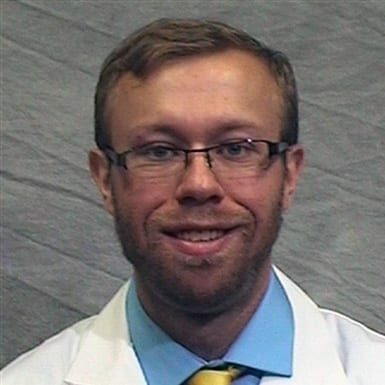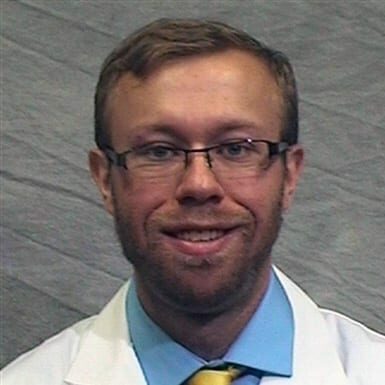On October 1, 2017, during my first semester of medical school, I woke up to a notification on my phone about the shooting that happened in the city I consider my second hometown, Las Vegas. I text-messaged my former director at the pediatric emergency department that I worked at for three years, and he described the scene to me as “madness.” I was shaken to my core that day and felt supremely guilty that I could not be there to help and felt disrupted from learning enough about nucleic acid synthesis for my biochemistry exam the next day.
This year, our country is disrupted, with coronavirus leading to record unemployment and fatalities, and systemic racial injustices being brought to light amidst the tragic murder of George Floyd. As health care professionals, and as human beings, we are shaken. We as future health professionals may feel lost, since we are called to help patients, but consume valuable resources in our desire to help. We as humans may feel that we do not have the power to change centuries of injustices. Uncertainty lingers in the air like a miasma.

Against the backdrop of unrest in our country, seven members of the DMU D.O. Class of 2021 were inducted into the Arnold Gold Humanism Honor Society, which pledges to provide humanistic care to patients. In its simplest terms, the physician-patient relationship boils down to one human helping another human. Since physicians are well versed in the basic sciences, it is easy for us to lose sight of what it means to provide humanistic care. Patients will not remember how many drug side effects that a doctor knows. Instead, they will remember the doctor’s presence when a loved one is dying. Patients will not leave a practice if a doctor cannot describe the pathophysiology of heart failure perfectly. Instead, they will remember how their doctor helped them to live longer, fuller lives.
Most importantly of all, patients recognize that we as doctors of osteopathy are called to the namesake of our credentials. We, as D.O.s, do for others what they cannot do themselves. That is the reason why we run toward people who are in distress. We run toward those who are suffering from mental health crises. We run toward those people whose heart has stopped. We run toward those people who are bleeding out. We run toward those people who can’t breathe.
As members of the osteopathic profession, we are privileged in the opportunities that we have been provided. We need to help those who have not been as privileged. We need to lift each other up above the madness and above the uncertainty. We need to speak out for those who are voiceless. We need to see for those that are blind and do for those who cannot. Though we may be shaken, now more than ever we need to show that we are human beings helping each other.
Phil Jurasinski is a fourth-year student in DMU’s doctor of osteopathic medicine program who also is pursuing his master of public health degree at the University.

